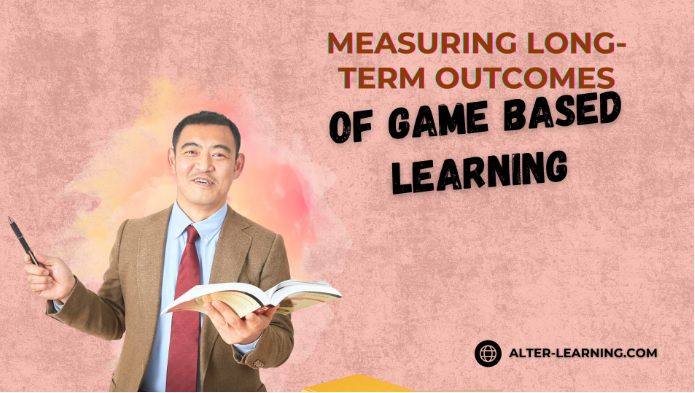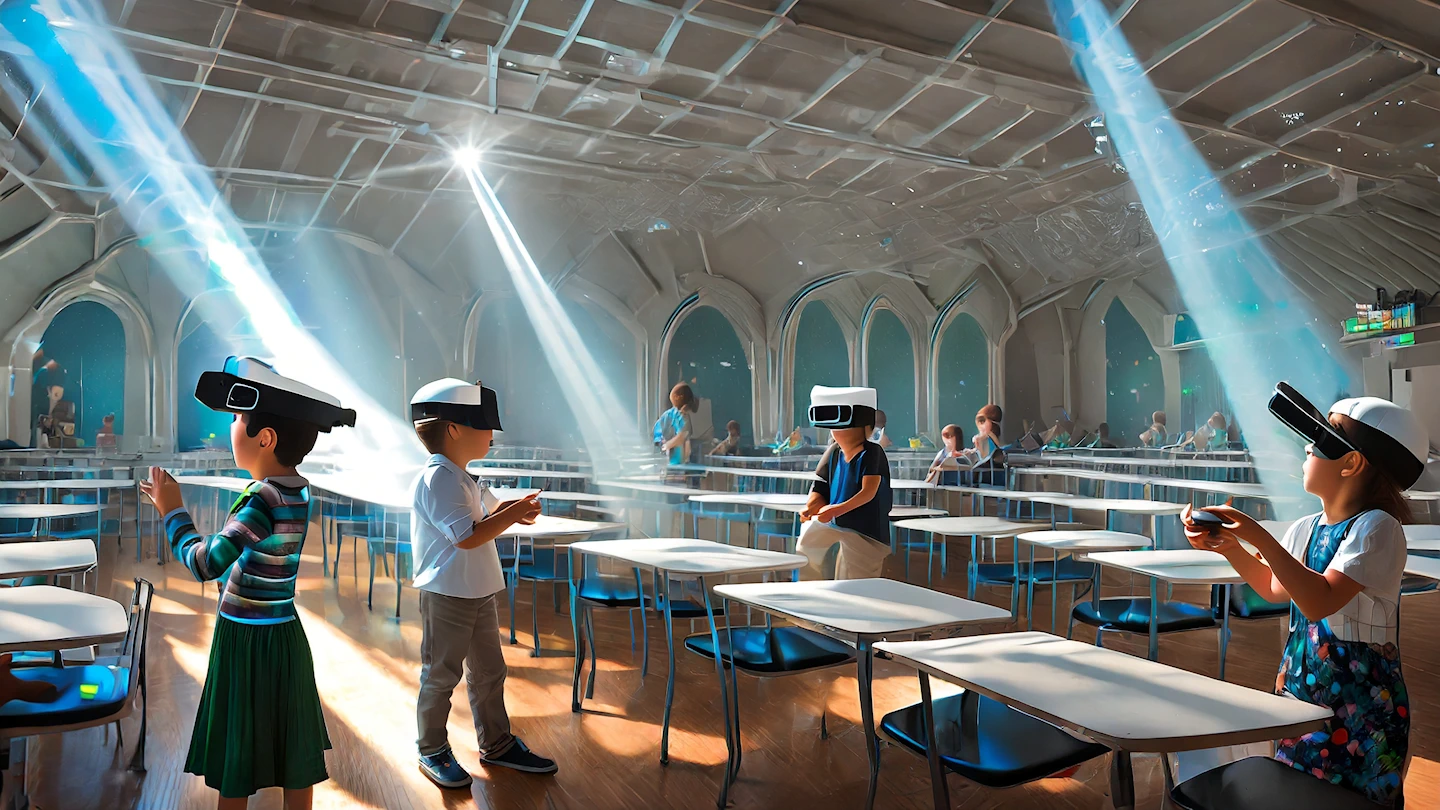Mental health is becoming an increasingly important focus in education, not only for academic success but for students’ overall well-being. While traditional counseling and support services remain vital, educational technology—including game-based tools—can offer additional ways to help students build resilience, manage stress, and develop emotional intelligence.
Through thoughtful design and intentional features, interactive STEAM learning games, VR education apps, and immersive environments can complement mental health initiatives, providing safe spaces for exploration, skill-building, and connection.
The Link Between Games and Emotional Well-Being
When students engage with educational games that are designed with social-emotional learning in mind, they can:
- Practice self-regulation through paced challenges that encourage patience and persistence,
- Develop coping strategies in low-stakes, simulated environments,
- Build confidence by overcoming obstacles and seeing tangible progress,
- Strengthen social connections through multiplayer collaboration.
These benefits can contribute to reduced stress, improved mood, and better engagement with learning.
Features That Support Mental Health in Educational Games
Educational games can integrate mental health support in ways that feel natural and engaging:
1. Calm and Supportive Environments
Immersive learning environments can feature relaxing visuals, gentle soundscapes, and interactive tasks that promote focus and mindfulness. For example, a nature-themed VR exploration can encourage students to slow down and immerse themselves in the experience.
2. Built-In Reflection Opportunities
Games can prompt players to pause and reflect on their decisions, progress, or strategies. These moments can be tied to emotional awareness, helping students recognize feelings like frustration, excitement, or satisfaction.
3. Positive Reinforcement
Acknowledging small successes through encouraging feedback can boost self-esteem and help students stay motivated—especially important for learners who struggle with anxiety or self-doubt.
4. Collaborative Challenges
Working together toward shared goals can reduce isolation and build a sense of belonging, which is essential for emotional well-being.
The Role of Alter-Learning’s Wellness Center
Alter-Learning’s Wellness Center offers a clear example of how game-based tools can address mental health needs in education. Designed to create a safe, supportive space for kids, families, and professionals, it can include:
- Personalized tools for building life skills,
- Fun, accessible activities that encourage emotional growth,
- Creative approaches that combine play with self-development,
- Multiplayer features for peer connection and support.
By blending interactive design with a focus on emotional well-being, the Wellness Center can help students develop the confidence, empathy, and resilience they need both in and out of the classroom.
Accessibility in Mental Health Support
Supporting mental health means ensuring every student can access the resources they need. That’s why accessibility features—like adjustable difficulty, audio cues, and colorblind-friendly visuals—can make a big difference. These features ensure that game-based tools remain inclusive, helping all students benefit regardless of background, ability, or learning style.
Integrating Game-Based Tools into Mental Health Programs
Educators, counselors, and parents can work together to incorporate these tools into broader mental health strategies. Approaches can include:
- Using calming games as a de-stressing activity during breaks,
- Incorporating social-emotional learning games into advisory or counseling periods,
- Tracking student progress in emotional skill-building through teacher dashboards,
- Combining digital tools with in-person support for a blended approach.
A Playful Path to Well-Being
Mental health support doesn’t have to be clinical or intimidating. With the right design, educational games can create experiences where students feel safe, supported, and engaged—while also learning skills that improve their emotional well-being.
By combining immersive technology, STEAM-focused challenges, and social-emotional learning, Alter-Learning can help schools create environments where mental health and academic achievement go hand in hand. Because when students feel good, they can learn better—and when learning is engaging, they can thrive in every sense of the word.
Follow Alter-Learning for more insights into immersive education, edtech success stories, and the future of learning. Want to explore how VR/AR could transform your school or learning platform? Let’s connect.




